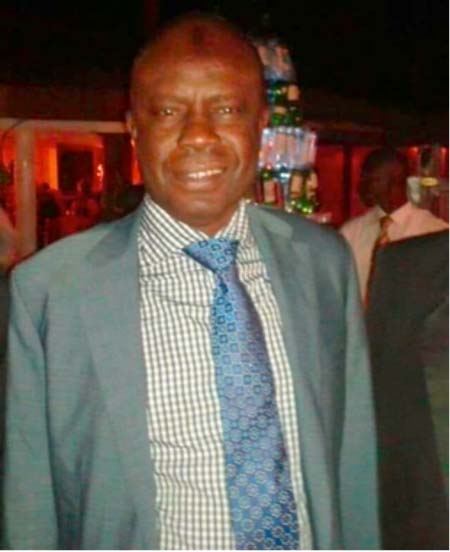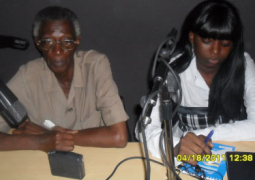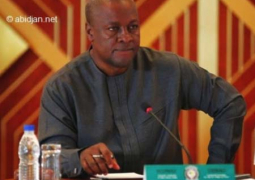
Gambian
top businessman, Amadou Samba, has broken the silence over the alleged $900
million offshore account “wrongly” linked to him in a publication dubbed the
Panama Papers, which was compiled by a global network of investigative
journalists looking into illicit financial flows around the world.
In
an interview last evening, Mr Samba said he never had such amounts in any
offshore accounts.
“I
only have an offshore company called Amasa Holding Company which was
specifically registered in the UK for a property business I was engaged
in. It was based in the Virgin Islands,”
Samba said.
Panama
Papers reported that they found amounts held in three separate accounts all in
the name of companies registered under Amadou Samba’s name, but not the $900
million as reported by some media.
That
amount was related to activities of Mossbank Fonseca, a Panamanian law firm and
corporate services provider reputed to be the world’s fourth biggest provider
of offshore financial services.
“The
figure of $900 million cited by the media is incorrect,” Khadija Sharife,
Panama Paper’s Africa editor based in South Africa, said in an email
conversation she had with this reporter in November 2016.
The
Panama Papers is a 11.5 million leaked document that detail financial and
attorney-client information for more than 214,488 offshore entities.
Editor
Khadija said the said figure of $900 million should not be used in connection
with the Panama Papers for The Gambia.
“While
that figure may be the illicit flow from the country, this project did not look
at illicit flows from each country in totality. It only looked at the evidence
provided in data relevant to the activities of Mossbank Fonseca,” she said.
Mr
Samba maintained that linking him to the said figure was incorrect.
“The
Amasa Holding Company in the UK was mainly for property business I was engaged
in but it has been closed since the completion of that business years ago,” he
said.
According
to one of the editors who took part in compiling the papers and sorting tons of
data in the project, “the only evidence on The Gambia that emerged was related
to one individual who purchased property in the UK using a shell company”.
“Other
means and companies unrelated to Mossbank Fonseca is likely responsible for the
overall illicit flows from Gambia,” they said.
An
economic and financial analyst, Sidi Sanneh, said The Gambia is not the only
country that is shown to have its citizens operating offshore accounts in tax
heavens. Prominent Senegalese
businessmen are among those listed as operating accounts offshore. The difference between them and the Gambian
businessmen listed is their forthrightness.
“The
Senegalese businessmen listed in the Panama Papers were quick to respond to the
revelation by explaining the rationale for these accounts which, according to
one, was to legally reduce or eliminate further exposure to higher tax
liabilities. To some, this is unethical
or unpatriotic. To others it is a smart
business move. In short, one man’s tax
dodger is another man’s astute businessman,” Sanneh wrote in a blogpost in May
2016.




